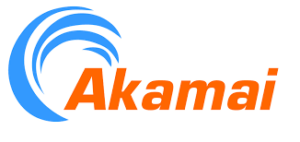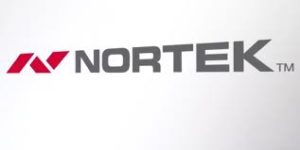Akamai and Nortek – DOJ Touts Declinations Under FCPA Pilot Program
 DOJ’s FCPA Unit knows what they are doing. In the immediate weeks after the release of the FCPA Pilot Program, DOJ publicly released two declination letters for Akamai Technologies and Nortek, Inc. and the SEC announced disgorgement settlements of $671 thousand and $321 thousand, respectively.
DOJ’s FCPA Unit knows what they are doing. In the immediate weeks after the release of the FCPA Pilot Program, DOJ publicly released two declination letters for Akamai Technologies and Nortek, Inc. and the SEC announced disgorgement settlements of $671 thousand and $321 thousand, respectively.
These two actions, however, will not solve DOJ’s bigger problem – the FCPA Pilot Program needed to offer a bigger carrot for companies, namely corporate immunity so long as individually culpable actors are identified and all evidence relating to such individuals is collected and presented to the Justice Department. Notwithstanding DOJ’s difficulties in increasing the number of corporate voluntary disclosures, the Akamai and Nortek enforcement actions reflect some important benefits that companies should take into account when weighing the question of voluntary disclosure.
Most importantly, the recent enforcement actions reveal that DOJ and the SEC have begun to expedite FCPA investigations and enforcement actions. Most enforcement actions, from beginning to end, will take years to resolve, requiring tolling agreements to stop the running of the statute of limitations, and resulting in rising internal investigation expenses. To the extent, DOJ and the SEC can bring this process within a two year time period, everyone will benefit.
Additionally, the Akamai and Nortek enforcement actions confirm that DOJ is trying to move the ball closer toward real incentives and fulfill some of the promises made in the FCPA Pilot Program. While there is no certainty of a declination when a company decides to voluntarily disclose potential FCPA violations, DOJ’s track record on this issue will be important. The Akamai and Nortek resolutions are a positive first step in developing this track record.
Akamai
The Akamai case involved a bribery scheme conducted with the assistance of a channel partner in China to bribe end user customers, two of which were government owned enterprises, to purchase 100 times more network capacity from Akamai than needed. The Channel partner, who benefited from the mark up and sales prices, funneled money back to Akamai’s Regional Sales Manager to pay to employees at the customers and also purchase expensive gifts and hospitality for Chinese officials.
The SEC’s settlement with Akamai lists the deficiencies in its internal controls, which included: failure to conduct proper due diligence of its Channel partners, failure to monitor usage of its Internet network services, and failure to exercise audit rights of its Channel partners. Akamai also failed to enter numerous expenditures accurately in its books and records.
Akamai reported the violations in December 2014 and the matter was resolved in less than two years.
Nortek
Nortek’s bribery scheme also occurred in China. Nortek manufactures and sells a wide variety of products for residential and commercial construction and remodeling.
Linear China, a subsidiary, manufactures items in China for sale in global markets. From 2009 to 2014, Linear managing director, accounting manager and customs liaison made improper payments and gifts to Chinese government officials to receive preferential treatment, relaxed regulatory oversight, and/or reduced customs duties, taxes, and fees. The improper payments and gifts occurred regularly over a five year period and included cash, gifts, meals, travel, accommodations and entertainment, and were received by a variety if local Chinese officials responsible for customs, tax, police, fire, health inspections, telecommunications, labor and environmental regulation. In sum, Nortek made approximately 400 payments, totaling $290 thousand, over a five year period.
 Nortek failed to review Linear’s books and records to test various accounts and catch red flags relating to large meals and entertainment expenses. Nortek appears to have reported the results of an internal investigation to the DOJ and SEC sometime in 2014.
Nortek failed to review Linear’s books and records to test various accounts and catch red flags relating to large meals and entertainment expenses. Nortek appears to have reported the results of an internal investigation to the DOJ and SEC sometime in 2014.
In both cases, DOJ and the SEC cited Akamai’s and Nortek’s remediation and cooperation as important factors supporting DOJ’s declination and the SEC’s settlement limitation to disgorgement.















